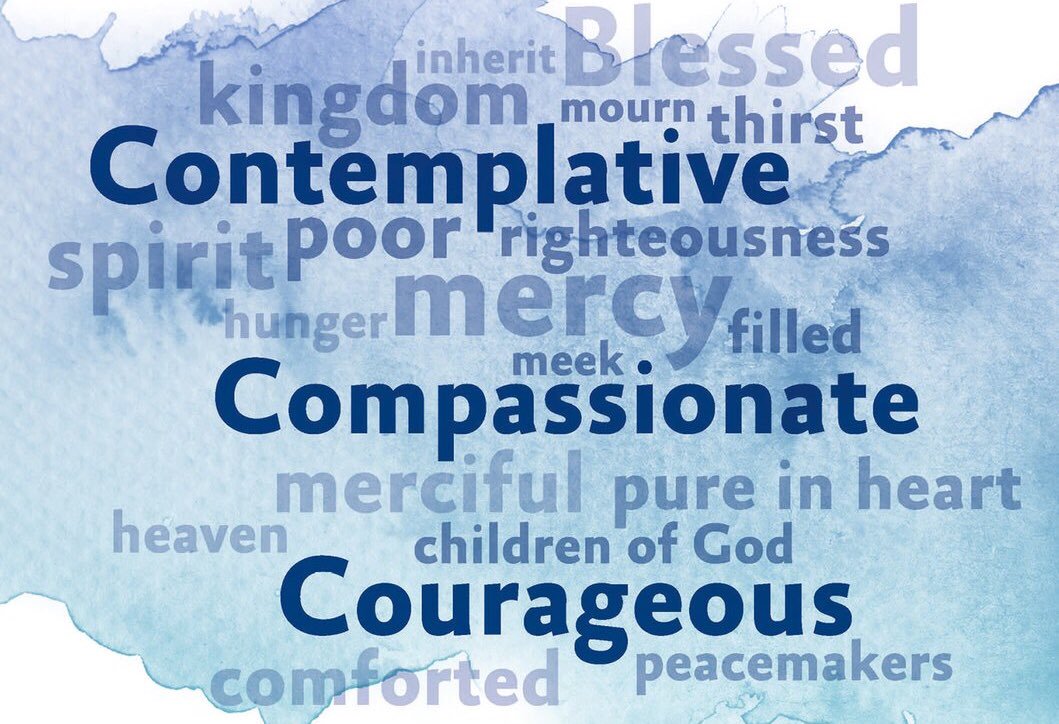COVENANT 4 – OBLIGATIONS OF THE COWORKERS OF CHRIST
What is the duty of all Christians? “The duty of all Christians is to follow Christ; to come together week by week for corporate worship; and to work, pray, and give for the spread of the kingdom of God.” — The Book of Common Prayer
Of Worship
Daily Prayer – Coworkers of Christ should pray the Daily Office at a minimum every morning and evening. Noonday prayers and compline are also encouraged.
Sunday Mass – All Coworkers of Christ should participate in Sunday Mass.
Holy Days Of Obligation:
The Nativity of Our Lord
The Epiphany
The Presentation of Christ in the Temple
The Annunciation of Our Lord to the Blessed Virgin Mary
Easter Day
Ascension Day
Day of Pentecost
Trinity Sunday
All Saints’ Day
Other days that bear the same weight of moral obligation by common observance are: the last three days in Holy Week – Maundy Thursday, Good Friday and Holy Saturday along with Martinmas or the Feast of St. Martin of Tours.
Of Confession
We have the privilege of confessing our sins for the healing of our souls. The Community does not coerce confession, so there are no specific rules dictating when a Coworker must confess. It is said that, “all may, some should, none must.” However, it is essential for us to confess at least once a year and especially when in a state of grave sin, which signifies separation from God.
Holy Confession acts as a remedy for the soul, and some sins can only be healed through frequent confession. For some members, this might involve weekly or biweekly confessions. As a general guideline, making a sacramental confession once a month is advisable.
Of Almsgiving
Almsgiving, or charitable giving to the less fortunate, is a core duty of the Coworkers of Christ. It stems from the belief that all people are created in God’s image and deserve our compassion. The Bible is filled with verses urging followers to help those in need, both financially and materially. Perhaps the most famous example is Jesus’ parable of the Good Samaritan (Luke 10:25-37), which highlights our responsibility to assist anyone suffering, regardless of background. Almsgiving is seen as more than just charity; it’s an act of justice and a way to fulfill God’s love by extending it to others.
Coworkers can fulfill the duty of almsgiving in various ways, extending beyond simply offering money. Here are some approaches:
Financial contributions: Regularly donating to our Community, the church, charities, or individuals in need is a common practice. Consider setting aside a specific portion of our income for giving, even if it’s a small amount.
Volunteering our time and talents: Sharing our skills and expertise with organizations that support the less fortunate is another valuable way to give. This could involve volunteering at a soup kitchen, homeless shelter, or mentoring programs.
Donating goods: Many organizations accept donations of clothing, food, furniture, and other essential items. Decluttering our belongings and sharing them with those in need can be a fulfilling way to give back.
Acts of kindness: Simple acts of kindness, like offering a helping hand to a neighbor, running errands for an elderly person, or offering a listening ear, can also embody the spirit of almsgiving.
Remember, the most important aspect of almsgiving is the intention behind the act. It should stem from a genuine desire to help others and demonstrate God’s love in the world. Even small acts of generosity,
done with a kind heart, can make a significant difference in the lives of others. “We give with hands overflowing, what we have received with hands empty.”
Of Fasting and Abstinence
Fasting and abstinence are Coworker practices of self-denial observed throughout the year, but most notably during the Great Lent, the 40-day period leading up to Easter and Saint Martin’s Lent.
Fasting and abstinence are more than just dietary restrictions though; they’re a cornerstone of spiritual discipline. Unlike some Christian traditions, our fasting goes beyond simply reducing food intake. It’s a multi-faceted practice aimed at spiritual growth and preparation for important feasts.
Focus on Inner Transformation: Fasting emphasizes inner transformation alongside dietary restrictions. It’s about abstaining from negative thoughts, anger, gossip, and earthly indulgences. True fasting, as they say, is “to put away all evil” and focus on prayer and good works.
Dietary Restrictions: Fasting includes abstaining from certain foods. Meat, poultry, dairy products, fish, and sometimes oil are restricted on specific days and during fasting periods like Lent. This allows for a simpler diet and a reminder of dependence on God’s provision.
Emphasis on Spiritual Growth: Ultimately, fasting is a tool for spiritual growth. By denying ourselves physical pleasures, we gain control over desires and strengthen our spirit. This self-discipline allows for deeper prayer, reflection, and a more receptive heart for God’s grace.
It’s important to note that fasting guidelines can vary depending on health, age, and specific circumstances. Consultation with the Abbot or spiritual advisor is recommended, and possibly, in certain circumstances, a healthcare provider.
These practices hold both spiritual and practical significance. They serve as a way to refocus attention on God by detaching from earthly pleasures. The temporary state of hunger can cultivate empathy for those who experience it chronically.
Fasting and abstinence can also be a form of sacrifice, mirroring Jesus’ own sacrifices during his forty days of temptation in the wilderness. Ultimately, they are meant to be disciplines that deepen faith and prepare the heart for being a Coworker of Christ.
Of Receiving Holy Communion
In many Christian traditions, preparing for the Holy Eucharist, or Communion, is seen as essential for a meaningful and respectful participation. This preparation goes beyond simply showing up for the service. It’s a time for self-reflection and spiritual renewal.
One important aspect of preparation is inner examination. Christians are encouraged to reflect on their actions and motivations. Have they caused harm or acted out of selfishness? Seeking reconciliation with those they’ve wronged and forgiveness for their own shortcomings can help create a clear conscience and a more receptive heart for God’s grace. Additionally, prayer and meditation are encouraged. By quieting the mind and focusing on the sacredness of the Eucharist, participants can approach the sacrament with a sense of reverence and awe.
Of Study
The Apostle Paul’s directive in 2 Timothy 2:15, “Study to shew thyself approved unto God, a workman that needeth not to be ashamed, rightly dividing the word of truth,” serves as a powerful call for Coworkers to actively engage in the study of our faith. This isn’t a one-time act of conversion, but rather a lifelong pursuit of understanding and growth. The world offers a constant stream of information and challenges to our beliefs. By studying scripture, theology, and Christian thought, we equip ourselves to navigate these complexities.
This ongoing education isn’t just about intellectual knowledge. It’s about deepening our relationship with God and applying our faith to everyday life. Through study, we gain a richer understanding of scripture’s message, allowing us to discern its meaning and translate it into action. We can learn from the lives and experiences of Christians throughout history, drawing inspiration and guidance for our own journeys. Ultimately, continuing Christian education empowers us to be “workmen that need not be ashamed,” confidently living out our faith and sharing its message with the world.

